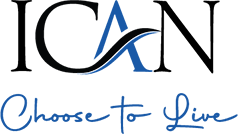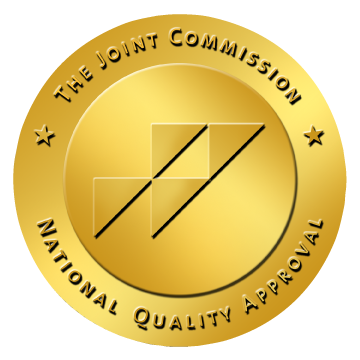Program offering includes:
Individual and group therapy
Skills education
Relapse prevention plan
Behavioral therapy
Case management

What To Expect During IOP Sessions?
During these sessions, patients work with a team of counselors to develop skills and strategies for recovery. Individuals also have the opportunity to attend group therapy sessions and participate in 12-step meetings. Some of the skills and techniques learned in IOP include:
- Identifying triggers
- Emotional Regulation
- Relapse prevention
- Mindfulness and meditation
- Healthy coping skills
- Stress management
- Communication skills
How Long Does Intensive Outpatient Last?
Intensive outpatient programs (IOP) vary in length depending on each individual's needs. However, most IOPs last for three to four months. Our IOP program meets three days a week for three hours daily and can be customized to meet our client's needs.
What Happens After IOP?
After completing an intensive outpatient program (IOP), patients typically move on to a lower level of care, such as traditional outpatient therapy. However, the proper care level for each person depends on their needs and recovery progress. Some people may benefit from continued IOP treatment, while others may do well with less frequent therapy sessions or support groups. The important thing is to remain engaged in some form of therapy and support, even after completing an IOP program. Staying engaged helps solidify the lessons and skills learned during treatment and reduce the risk of relapse.



